Have Bollywood fathers broken out of their stereotype yet?
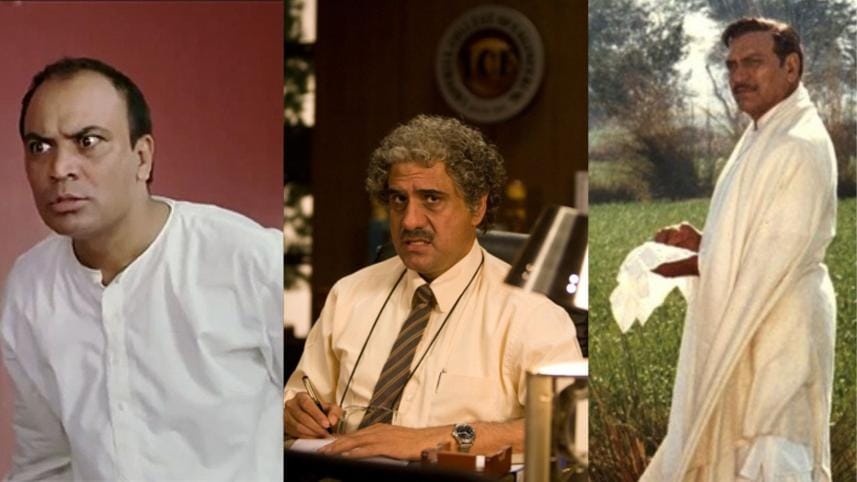
Since the early 70s, depictions of rigid, unyielding fathers have been a staple part of Bollywood movies. These characters were just mere depictions of how the South Asian society had been at the time and how it handled the complexity that is Fatherhood. Even after decades, we have traversed through different film and art revolutions, the depiction of fatherhood in Bollywood films have yet to be a breakthrough.
Reel life is simply a reflection of real life. Similarly, in Bollywood films, fathers with the typical depictions of 'traditional parenting' only tend to break out of their shell, after their offspring has to go through life-risking adversities to prove their worth.
The nurture, care and understanding that is expected from a parent, does not come easy to Bollywood fathers. For example, Chaudhary Baldev Singh's character in "Dilwale Dulhania Le Jayenge" played by Amrish Puri, exemplifies the traditional worldview that pervades Indian subcontinent even today. Fearing dishonor, he imposes severe boundaries and prohibits his daughter from pursuing her aspirations. It was only when Simran (Kajol) is desperate enough to break through everything he has worked for, does he decide to 'let her go'.
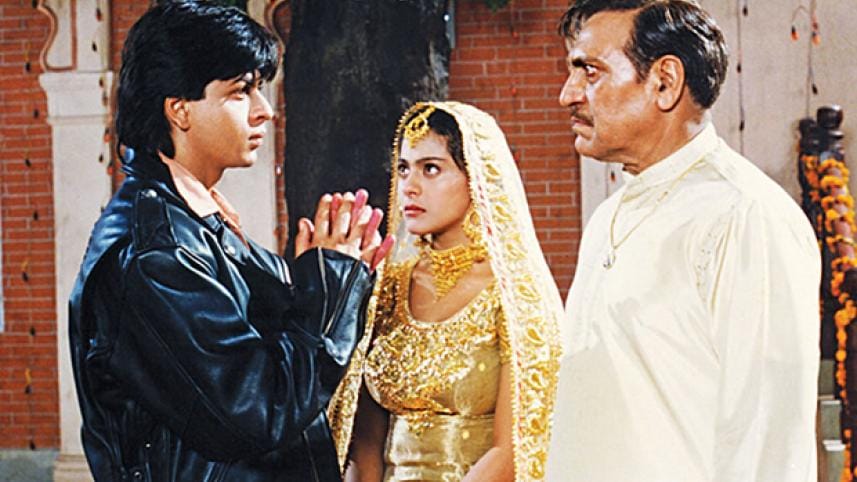
Another widely acclaimed film, that plays into the sympathy card that every parent store somewhere in their psyche, "Taare Zameen Par" is not the innocent tear-jerker it might seem. In the 2007 film, a learning disability is treated with the most heinous of attitudes by the protagonist's father, who later changes his tune when he discovers his son's 'creativity'. This does nothing other than instill the idea that in order to gain acceptance, a child has to excel in something that is acceptable by their parents. Depictions as such on the larger screen, further feeds into the 'toxic father' narrative that haunts the already ailing South Asian youths.
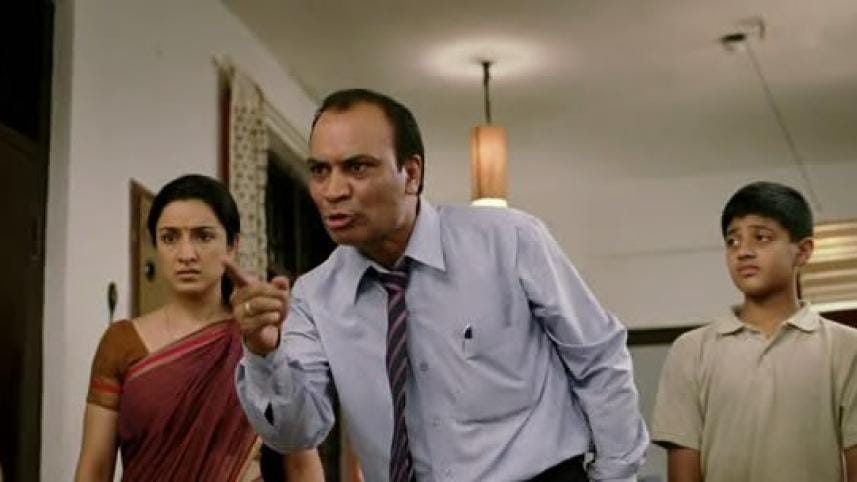
Farhan Qureshi's father in "3 Idiots" is another example of the aforementioned cliché but Viru Sahastrabuddhe (Boman Irani) might be a small exception. The film does not shy away from showing Virus as the disdainful character he is, however his small change from being a father who potentially 'pushes' another child to their death to a father, who almost gains some insight and wants his new born grandchild to 'pursue' whatever he wants.
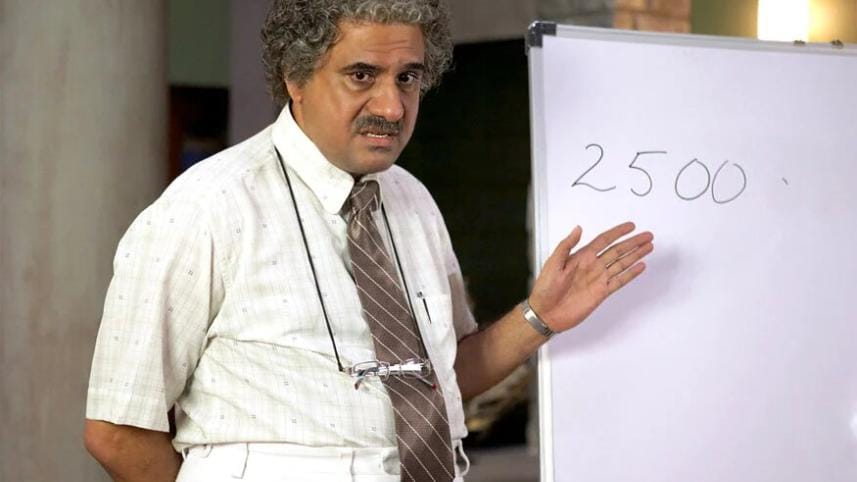
That pivotal scene in the film, goes to show that 'a parent's approval' has become a mammoth shaped burden on the children of this subcontinent. "3 idiots" might be a film about a lot of things like friendship, the education system or even engineering, but at the heart of it, the film carries values of tolerance, empathy and compassion. Values which should be passed from the father to the son.
Bollywood in its' essence and portrayal of fathers, has yet to go a long way. There are positive portrayals of fathers, but the bad ones outweigh them. When such depictions are relayed to the mass public, it creates a metaphorical avalanche that echoes down generations. Which is why healthy portrayals of characters, especially parents, is of the utmost importance in one of the largest film industries in the world.




 For all latest news, follow The Daily Star's Google News channel.
For all latest news, follow The Daily Star's Google News channel. 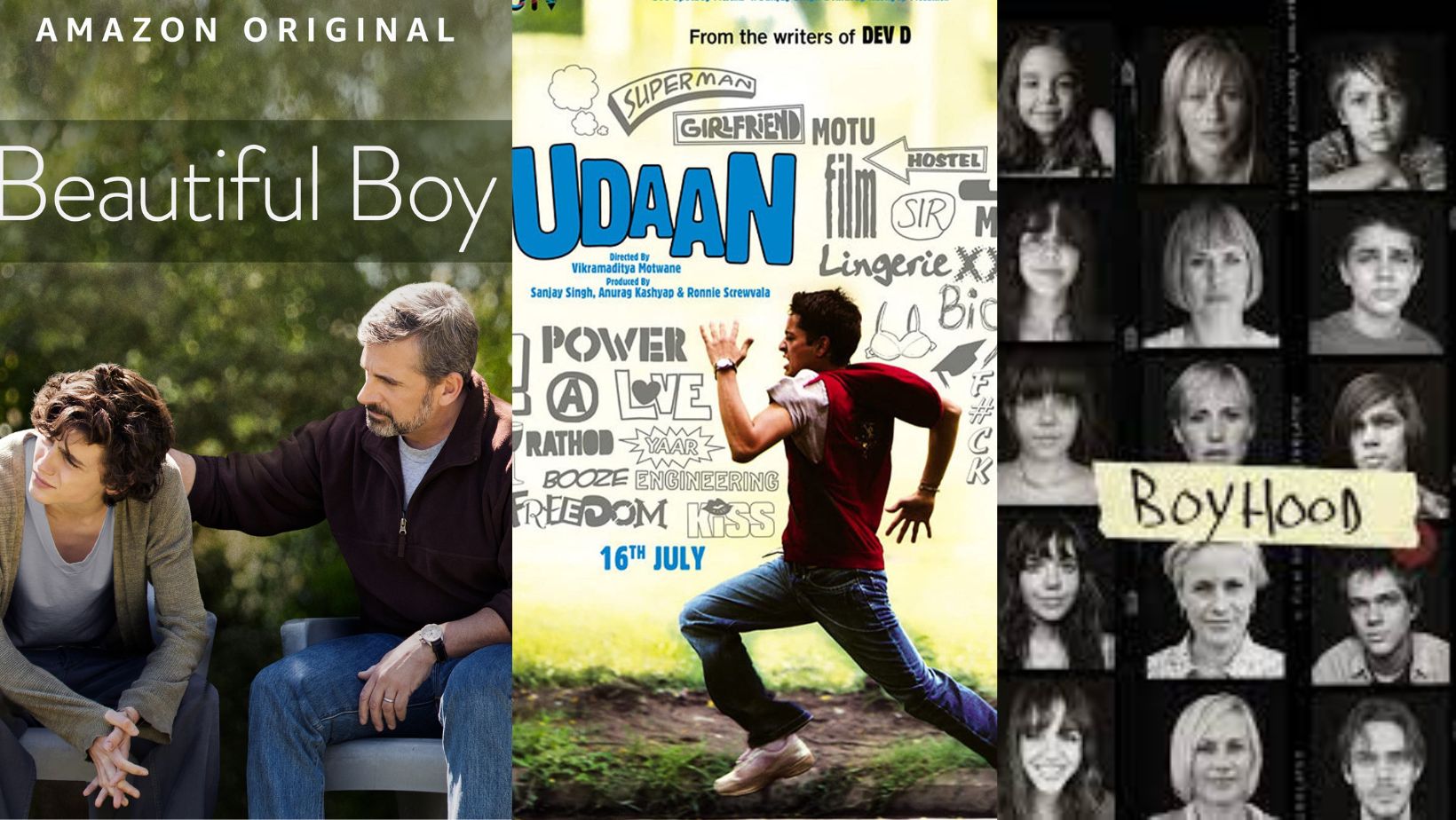
Comments